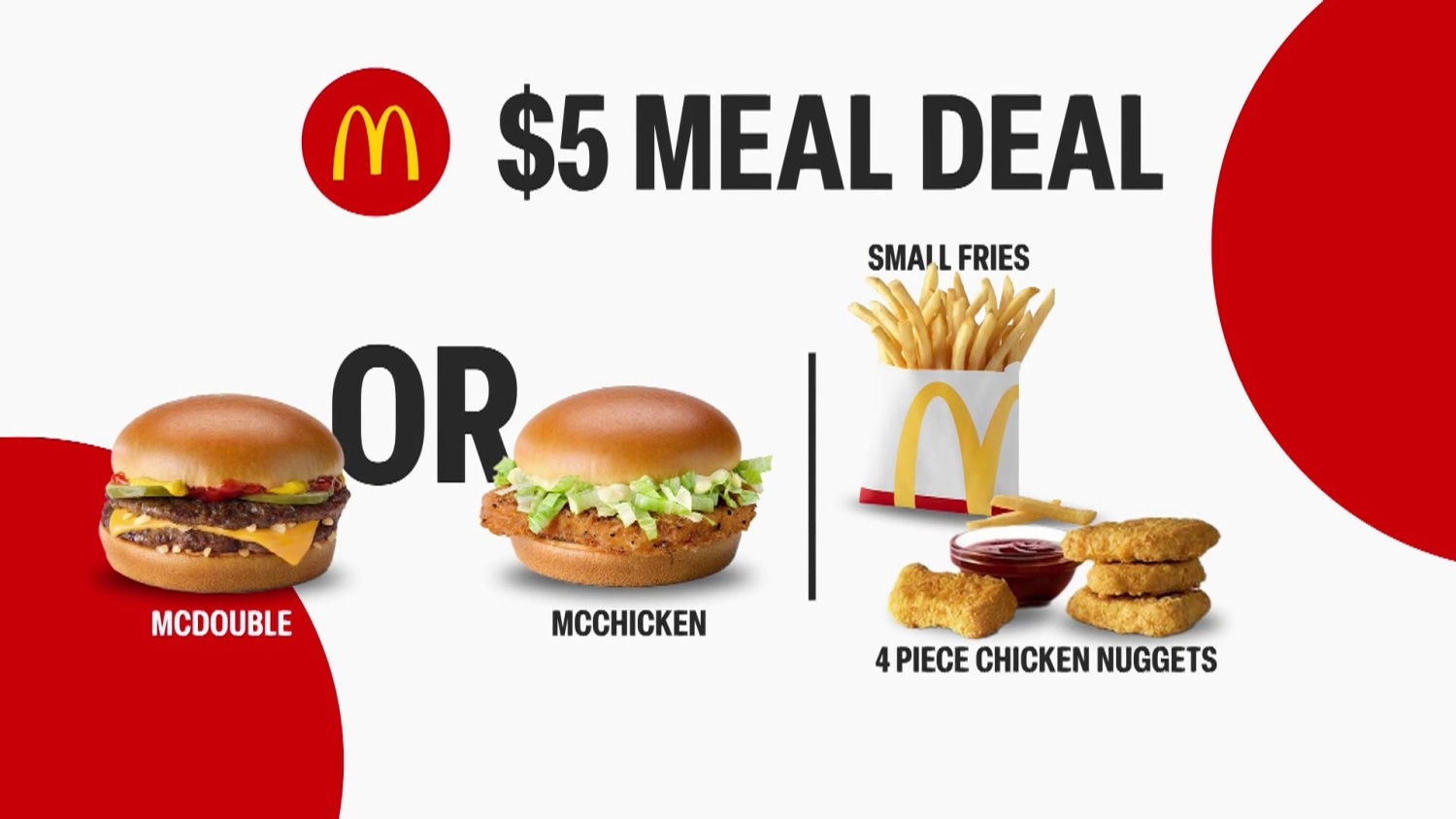Car Lease vs Buy: Which is Right for You?
Deciding whether to lease or buy a car is a significant financial choice that many individuals face. Each option has its own benefits and drawbacks, and what works best for one person may not be ideal for another. In this blog, Dealnew will explore the differences between leasing and buying a car, the advantages and disadvantages of each option, and provide some guidance on how to determine which is right for you.
Understanding Car Leasing and Buying
Before diving into the pros and cons, it’s essential to understand what leasing and buying a car entails:
-
Buying a Car: When you buy a car, either outright or through financing, you own the vehicle. You can drive it for as long as you want, modify it, and sell it whenever you choose. Buying typically involves a larger upfront cost and monthly payments that are often higher than leasing.
-
Leasing a Car: Leasing is essentially renting a vehicle for a predetermined period, usually two to four years. You make monthly payments to use the car but don’t own it. At the end of the lease, you return the car to the dealership. Leasing often requires a lower upfront cost and monthly payments compared to buying.
Advantages of Buying a Car
-
Ownership: When you buy a car, you own it outright. This means you can keep it for as long as you want, and there are no mileage restrictions.
-
No Monthly Payments After Loan is Paid Off: Once you pay off your car loan, you no longer have monthly payments. This can provide significant financial relief in the long term.
-
Customization: As the owner of the car, you have the freedom to modify or customize it as you wish.
-
Potential Resale Value: When you own your car, you can sell it and recoup some of your investment. The resale value can help offset the total cost of ownership.
-
No Mileage Limits: Unlike leases, there are no mileage restrictions when you own a car. This is especially beneficial for individuals who drive long distances for work or personal reasons.
Disadvantages of Buying a Car
-
Higher Monthly Payments: Buying a car typically requires larger monthly payments than leasing, which can strain your budget, especially for newer models.
-
Depreciation: Cars lose value over time, and as the owner, you bear the brunt of this depreciation. New cars can lose up to 20% of their value in the first year alone.
-
Maintenance Costs: Once the warranty expires, you are responsible for all maintenance and repair costs, which can add up over time.
Related: Guide To Buying A Used Car “Without A Mechanic”
Advantages of Leasing a Car
-
Lower Monthly Payments: Leasing usually results in lower monthly payments compared to buying. This can make it easier to drive a more expensive vehicle than you might be able to afford to buy.
-
Newer Models: Leasing allows you to drive a new car every few years, so you can enjoy the latest technology, safety features, and style without the long-term commitment of ownership.
-
Warranty Coverage: Most leases last for the duration of the car’s warranty, which means that you’re not responsible for most repair costs during that time.
-
Less Sales Tax: In many states, you only pay sales tax on the portion of the car you finance, which can lead to significant savings compared to buying.
-
No Depreciation Worries: Since you’re not owning the car, you don’t have to worry about its resale value or depreciation.
Disadvantages of Leasing a Car
-
No Ownership: At the end of the lease, you have to return the car with no equity in it. You won’t have anything to show for your monthly payments.
-
Mileage Restrictions: Most leases have mileage limits, and exceeding these can result in hefty fees. This is a crucial consideration for individuals who drive long distances regularly.
-
Customization Limits: Leased cars typically can’t be customized or modified, limiting your personal expression through your vehicle.
-
Potential Fees: At the end of the lease, you may face additional fees for excessive wear and tear or if you decide to terminate the lease early.
-
Continuous Payments: Since leasing requires you to keep making payments as long as you lease vehicles, you might end up in a cycle of perpetual car payments.
Factors to Consider When Choosing Between Leasing and Buying
To determine whether leasing or buying is right for you, consider the following factors:
-
Driving Habits: If you have a long daily commute or frequently take road trips, buying might be more suitable since it eliminates mileage restrictions. However, if you drive less and prefer to change cars frequently, leasing could be a better fit.
-
Budget: Analyze your financial situation. If you can afford higher monthly payments and are looking for long-term value, buying may be the way to go. If you want lower payments and the flexibility to drive a new car every few years, leasing might be a better choice.
-
Vehicle Preferences: Consider whether you like having the latest models with new features. Leasing allows you to do this, while buying means you’ll be driving the same car for a more extended period.
-
Financial Goals: Think about your long-term financial objectives. If you prefer to invest in a vehicle that can hold value and contribute to your net worth, buying is typically more beneficial. If you prioritize short-term savings and lower payments, leasing could be a viable option.
-
Credit Score: Both leasing and buying require good credit for the best financing terms. If you have a strong credit score, you’ll have more options and potentially lower rates. If your credit is less than stellar, you may find better terms when buying, as leasing can sometimes come with additional fees for those with lower credit scores.
Related: How to Negotiate Car Prices
Conclusion
Deciding between leasing and buying a car depends on your individual needs, preferences, and financial situation. Buying a car is often a better long-term investment, offering ownership and equity, while leasing can provide lower payments and the excitement of driving a new vehicle every few years.
As you weigh your options, consider your driving habits, budget, vehicle preferences, financial goals, and credit situation. Take the time to evaluate your circumstances thoroughly. This decision can significantly impact your finances and driving experience for years to come.
At Dealnew, we understand that choosing between leasing and buying can be challenging. Our goal is to help you make an informed decision that aligns with your lifestyle and financial strategy. Whether you decide to lease or buy, it’s essential to pick the option that suits your personal needs best. By understanding the differences and implications of each choice, you can make a smart decision for your future.
LATEST

Last updated: Sep 9, 2024

Last updated: Aug 30, 2024

Last updated: Sep 9, 2024

Last updated: Sep 9, 2024

Last updated: Apr 24, 2025

Last updated: Aug 30, 2024
